The best books 2017 had to offer, chosen by Schools Week features editor, Cath Murray.
For visionaries and dreamers
1. When the adults change, everything changes: Seismic shifts in school behaviour
By Paul Dix
Relationships matter. People matter. As educators, we are not dealing with faceless statistics, we are dealing with brilliant, funny, smart, infuriating, imperfect human beings. Hundreds of them, every day. People respond best to people, not to rules, and pupils are no exception.
This is the message of a book full of humour and quirky concepts such as “deliberate botheredness”.
It’s recommended not only for school leaders, but anyone working in schools, and designed to nudge readers away from a myopic focus on policies and tactics and onto people and relationships.
2. Educating Drew: The real story of Harrop Fold School
By Drew Povey
Drew Povey’s book has a compelling backstory: it’s the tale of an improving school shackled by a punishing PFI contract that makes academy trusts reluctant to take it on.
In this context, this young headteacher of Educating Greater Manchester fame has written a book about his vision and how he has seen it through – working to engender a sense of hope, possibility and ambition within a deprived community.
In turning around the school, he took inspiration from the post-9/11 architects, he recounts, who sought to reimagine, not simply rebuild, the World Trade Centre.
All sales of the book are going to pay off the school’s debt – so this is a proper feel-good Christmas purchase (not to mention a meaty conversation starter for when you tire of festive TV).
For social campaigners
3. Born to fail? Social mobility: A working-class view
By Sonia Blandford
This formidable university professor of working-class origins is frustrated with our tendency to equate social mobility with physical mobility.
In other words, the assumption that “social mobility” is about giving working-class people a route to escape their communities – namely through university, after which they will be whisked away into a middle-class existence and live comfortably ever after.
Instead of obsessing uniquely about university entry as a measure of social mobility, says Blandford, we should focus instead on creating meaningful opportunities for working-class people to be educated, develop and work and live well within their communities – if they choose to stay.
The book is packed with advice for schools to support her approach.
4. Learning without labels. Improving outcomes for vulnerable pupils
Edited by Marc Rowland
When we limit our thinking to the label (low ability; on the spectrum; the TA’s table) rather than the learner, we also lower expectations for that pupil, argues Marc Rowland.
And when the labels become excuses for poor outcomes, they constrain to a point of uselessness.
The book, made up of 26 essays from different contributors, aims to outline the culture needed to support this shift in perspective, through school leadership and practical classroom strategies.
One contributor describes the challenge to training fleas. Apparently, fleas only jump as high as the lid of the jar they are in. After three days, they can’t jump any higher, even with the lid removed.
Sound familiar?
For data geeks
5. Making good progress: The future of Assessment for learning
By Daisy Christodoulou
If the idea of banishing meaningless data-crunching from schools gets you excited, this may be the book for you.
Christodoulou very clearly lays out the difference between formative and summative assessment – explaining what each is good for, and what inferences can and can’t be made.
Summative tests, like GCSEs (and their mark schemes) are not designed to shape learning, we are told: progress will NOT be made by turning every lesson into an exam and doing a gap analysis (wait, what, really?).
Not the easiest Christmas read, but definitely one for all the school assessment leads out there.
6. The global education race: Taking the measure of PISA and international testing
By Sam Sellar, Greg Thompson, David Rutkowski
We’ve all seen the headlines: “The UK lags behind in global school rankings” scream the broadsheets on PISA results day.
This book is for the discerning, data-savvy edu-nerd who likes to respond to such claims with “yes, but even if we’re 10 places below, the size of the error associated with the rank means that you can’t actually say for sure whether we’re worse than Germany”.
It’s also for all those who have torn out their hair at the spurious claims politicians make, based on tangentially related test data.
The book aims to tell us which data from the triennial PISA international tests should actually form the basis for policy decisions. And it even includes bullet points for discussion, in case you ever get stuck in a lift with Justine Greening – what’s not to love?
For information junkies
7. What does this look like in the classroom? Bridging the gap between research and practice
By Carl Hendrick and Robin MacPherson
Here’s one for the ambitious teacher who wants a guidebook for what’s trendy, what’s proven and what’s junk. It’s also for the middle or senior leader who wants to feel sure of themselves in conversations with colleagues about best practice in behaviour management, literacy, retrieval practice or assessment.
Each topic features an interview with two respected professionals in the field, such as cognitive psychology scientists Yana Weinstein or Nick Rose, or education authors Dylan Wiliam and Doug Lemov. This format makes it perfect for staff book club or CPD leads looking for chapters to hand out for discussion.
8. Much promise: Successful schools in England
By Barnaby Lenon
Here’s a magnum opus from a veteran school leader who’s taught across the gamut of schools, from comprehensives to Eton.
It covers everything: schools, teachers, pupils, subjects, parents, exams and governors.
If you want to sound like you know it all, you might want to read this. It has history, research, case studies and anecdote, blended together in a “here’s the stuff you need to know with a story that shows how real people relate to it” kind of way.
He covers technical topics such as comparable outcomes, grade inflation and curriculum review.
For those who take their school leadership career journey seriously.
For aspiring leaders
9. Making the leap: Moving from deputy to head
By Jill Berry
If your new year’s resolution is to take that next step up to headship, this one might be for you.
It runs through the whole process, from interview prep, through the handover period and even includes nuggets of advice for the first term in your new job: don’t be too quick to judge, go to as many extracurricular activities as possible to build relationships, decide whether you will continue to teach, and so on.
One piece of Schools Week contributor Jill Berry’s wisdom, to conclude: not getting a job is not the worst scenario.
Somehow managing to secure a job which is not the right job for you (and then having to try to do it) is definitely worse, and it is not good for the school either.
10. The school leadership journey
By John Dunford
This is less a manual for school leaders, more a memoir of a professional life woven into a discussion of the complexities of politics and educational impact.
In the context of a “suffocating centrally directed policy climate”, Dunford issues a rallying cry to school leaders – urging them to reclaim the professional learning space rather than be dictated to.
But more than this, it contains deep knowledge and reflections based on personal experience, research, evidence, impact and education successes – as well as some failures.
Dunford’s refreshingly honest claim that his points are “not particularly profound” and often borrowed from greater minds will no doubt endear some readers to him. If that’s not you, we recommend Lenon’s work, above.
To see more education books and read their reviews, click here.



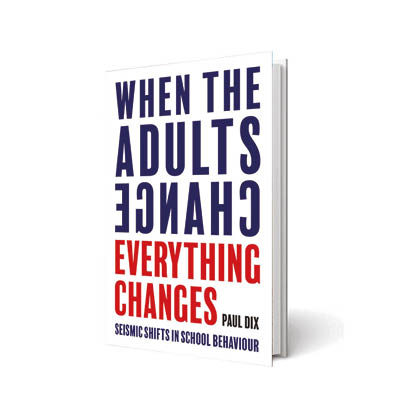
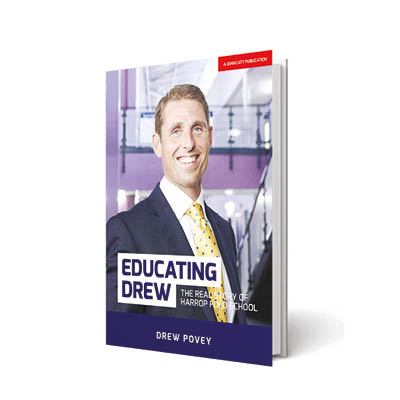
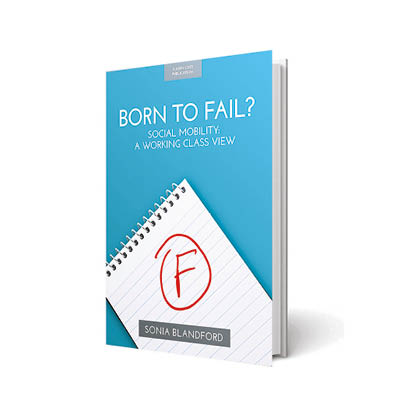
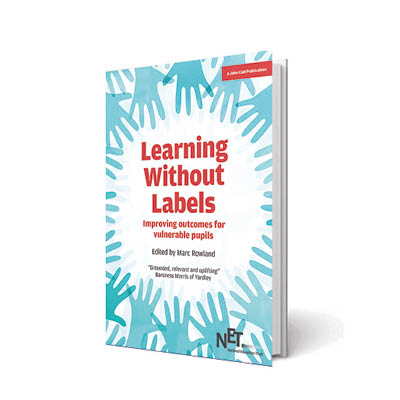
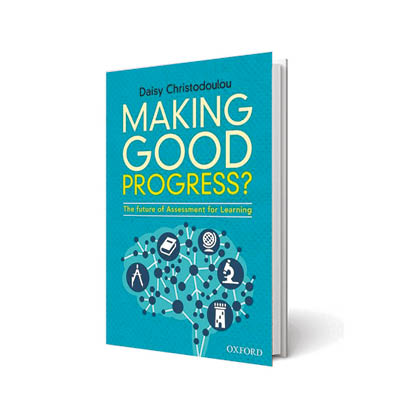

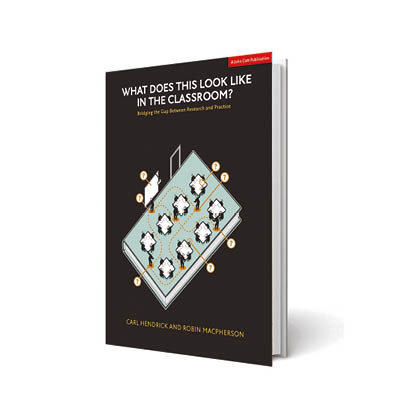
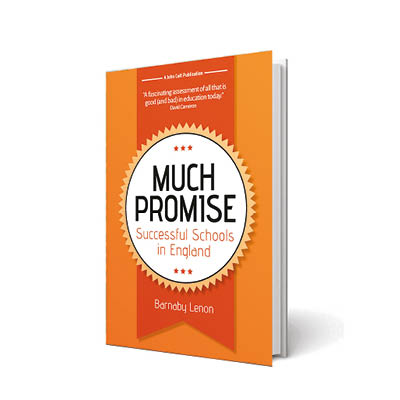
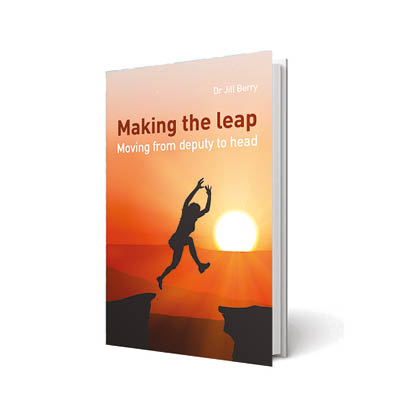
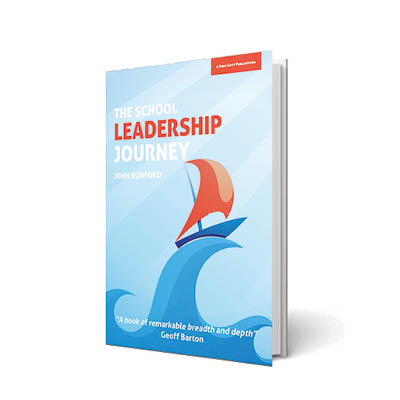





List of Books provided by you is really amazing for teachers and leaders. I will be read these books in the future and recommended to everyone. Thanks.